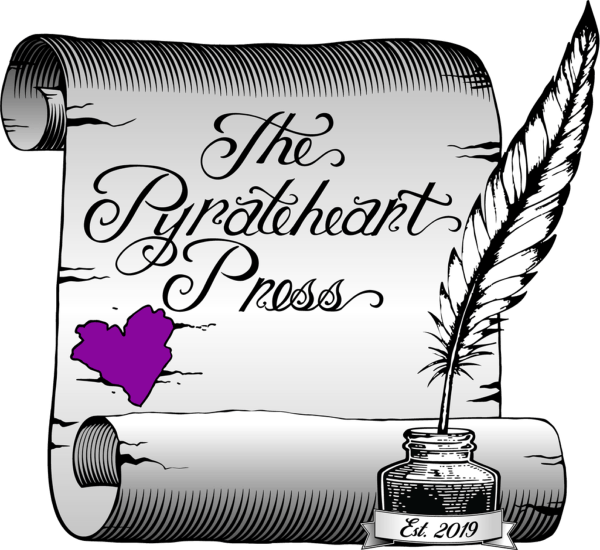Blog Layout
Story Descriptions
R. Ross Whalen • Mar 22, 2021

Let’s talk about how best to describe things, people, locations and items in your work.
Take the following piece of flash fiction:
"God died; Satan wept."
An interesting piece of flash fiction even if I did write it. A single sentence made up of two proper names, a semi-colon, two verbs and a period. Yet so much is conveyed inside this sentence. How much more is needed to convey the message of this piece of flash fiction? Does it need more descriptors? Who can I look to for this answer?
I speak freely about wariness in the choice of experts you use. I am certainly not one of them. However, one of those writers I can promote as an expert on the short fiction format is Anton Chekov. Anton Chekov was a Russian playwright and short story writer who died just before the Russian revolutions which placed Communists in charge thereby eliminating the massive well of great writing which came from the Russians.
I have no doubt Stalin would have had the man executed. The man took great pleasure in writing satirical criticism of life inside Russia. A comedic, if not dark look, at the daily life of ordinary Russians. He wrote daily and often. Perfected the short fiction genre under his constant writing. I look towards his works often for clarity in the genre.
With this in mind, I often use one of his quotes to find inspiration in writing. It is a simple quote:
“Don’t tell me the moon is shining; show me the glint of light on broken glass.”
This sentence tells a writer to look at how they describe the items in their writing. A good piece of advice from a master of brevity in writing.
Another quote of his contains a way to look at your characters:
“What a fine weather today! Can’t choose whether to drink tea or hang myself.”
In two sentences Chekov described the mentality of a man who is uniquely Russian in outlook.
Now, is the brevity of clear, concise descriptiveness the only way to guide your reader? Far from it. Let’s take a look at another great writer – James Michener. Mitchener was a master of the Saga. He would write lengthy novels usually around multiple generations of families.
Michener was famous in his research for his novels. He is someone I consider an expert worthy of following for the craft of writing in-depth descriptions. In the novel Hawaii, Michener takes thousands of words to describe how a bird ate a seed and pooped it out on the island of Oahu. This led to another chapter length description of how the tree grew then how the island became a lush tropical paradise.
What to take note of is during the entire time you are reading his story of a bird eating a seed and flying over the Pacific Ocean, you don’t get antsy. You don’t skip ahead. You are caught up in the journey of how this simple bird ate a seed and eventually poops it out on an island in which will become Oahu.
That’s a powerful statement. I can’t tell you how many times I have skipped ahead in a book because I was bored or tired of the lengthy descriptions about something. I have actually said out loud as I was reading for the writer to “get on with it.”
Somewhere between Chekov’s beautiful brevity and Michener’s delightful lengths is where most of us fall.
It is said to be a good writer one must be an avid reader. I am not sure if this is true or not. I think if you read you must read like a fan boy. Inhale the story as if it were life itself. However, when you are done reading is when you can look at the work as a writer or editor or whatever your passion is in the writing field.
When you do this, this comparison of writing remember one thing, as times go by writing styles change. These days everyone wants the work to emulate certain writers. I find myself objecting to this most whole heartedly.
One of my favorite writers is Alexander Dumas. His work would never make it in today’s publishing world. No one would accept his prose. It has a flowery, artistic flow to it. He writes as he was. An illegitimate son of a French nobleman. His writing reflects the educated man of his time. Such writing is not acceptable among today’s publishing.
Nor would James Fennimore Cooper’s works make it today. His descriptions alone contain far too many adverbs. His writing demonstrates the culture of his time. He assumes the reader has more than a rudimentary vocabulary and yet, he touches on those who never learned to read. His prose goes from the blunt to the subtle and back again. His stories would be told now but his writing would not.
Write your work. Let others read it. Listen to their comments without ego. Take a good assessment of your own writing style. Decide what fits you best. Can you say what’s needed in two sentences or does your story require chapters of descriptions? Be honest. Honesty is needed when you go from your first draft to the next one.
One of those honest questions you must ask yourself is “who you are writing for?” Who you are writing for determines so much about how you write. Determines how you describe your characters, their surroundings, their feelings. Something to think about.
I’m Ross, the Editor-in-Chief at The Pyrateheart Press and I’m out.





